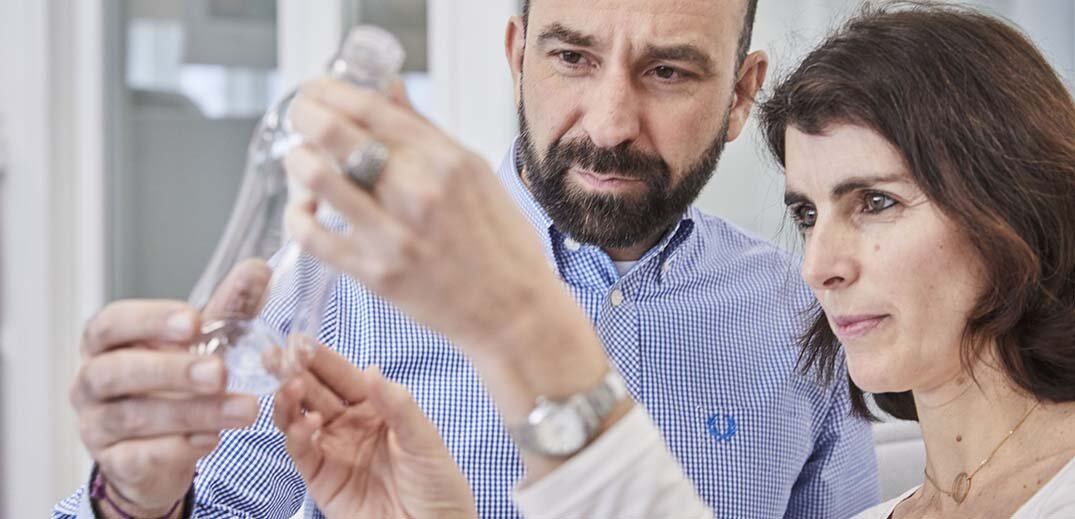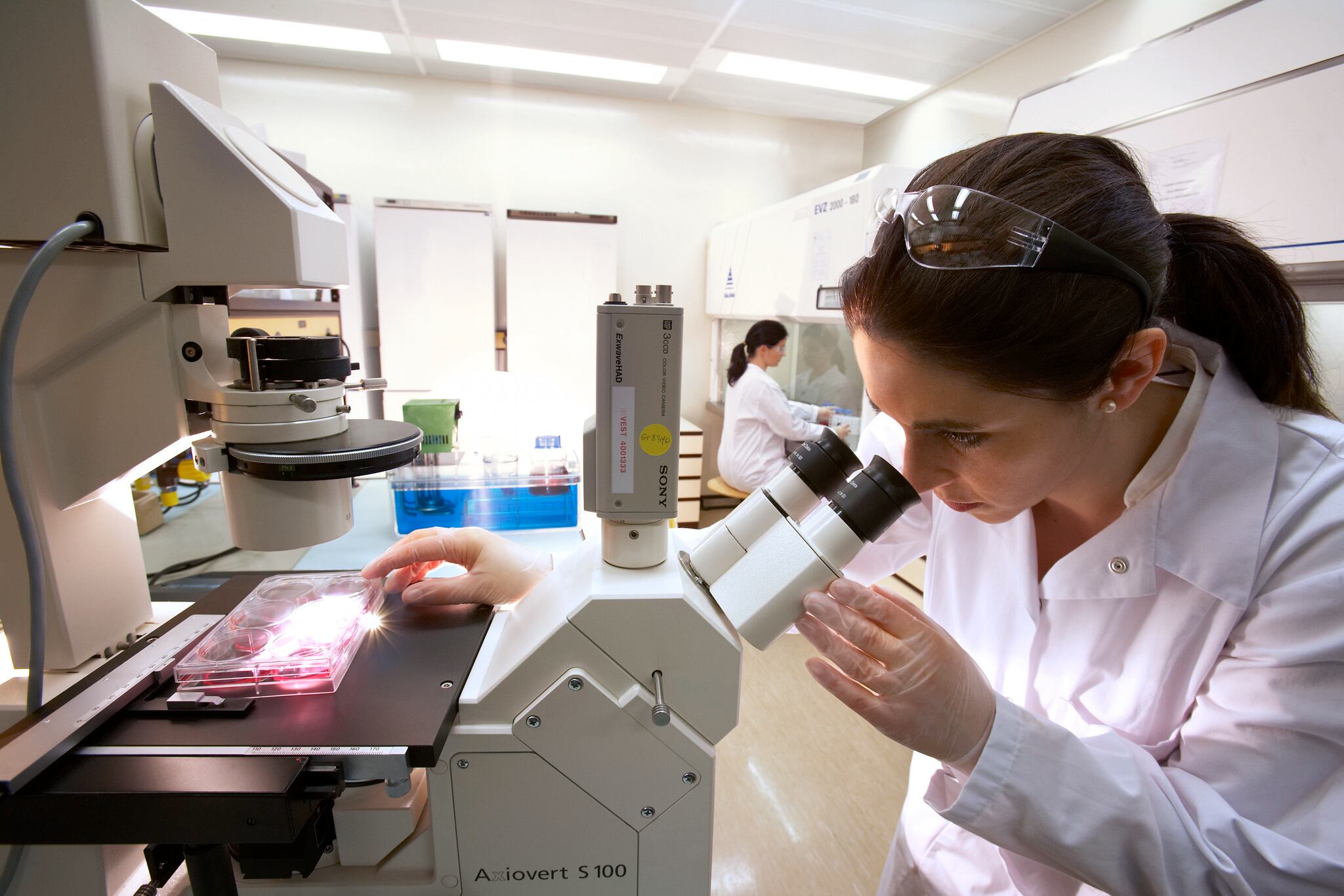It also brings Nestlé closer to its vision that none of its packaging, including plastics, ends up in landfill nor in oceans, lakes and rivers.
Circular Economy
The European Plastics Pact focuses on the transition towards a circular plastics economy and to stop dependence on virgin plastics – plastics made from non-renewable fossil fuel.
"We are pleased to sign the European Pact. One of our joint objectives is to create a circular economy by improving collection, sorting and recycling schemes across Europe. Already today a new Vittel plastic bottle is manufactured out of used ones. Tomorrow, we want to make sure other packaging, such as our wrappers and pouches, can be recycled into new food packaging,” said Marco Settembri, CEO, Nestlé, Middle East and North Africa.
“This will not be easy. Nestlé’s top priority is the safety of its products. Any plastics used for food packaging must be ‘food-grade’, which means it cannot contain any substances harmful to humans.
“To achieve food-grade recycled plastics, recycling processes will have to evolve. The challenge for Nestlé, and the food industry at large, is that it is currently cheaper to produce packaging from virgin plastics than to use recycled food-grade plastics.”
The European Plastics Pact is a joint effort of leading companies, NGOs and governments which agree on common goals by 2025, including: reducing virgin plastic products and packaging by at least 20%; raising collection and recycling capacity in Europe for plastic packaging by at least 25% and boosting the use of recycled plastics in packaging to an average of at least 30%.
Food-grade recycled plastics
To overcome the fact it is cheaper to produce packaging from virgin plastics than to use recycled food-grade plastics, Nestlé has announced an investment of more than CHF 1.5 billion to create a market for food-grade recycled plastics as well as a CHF 250 million sustainable packaging fund for start-ups developing packaging.
In a statement, the company said: ‘Over the past 50 years, the use of plastics has increased dramatically. It has delivered enormous benefits, but the costs are clear. We must stop packaging ending up in landfills, oceans, lakes and rivers. This is why Nestlé is signing up to the European Plastics Pact.’
The Pact will help Nestlé achieve 100% recyclable or reusable packaging and reduce the use of virgin plastics by one third by 2025.
Nestlé is currently trialling a packaging-free system for Nescafé soluble coffee and has partnered with LOOP, a home-delivery service providing reusable packaging. First products will soon become available in France.


